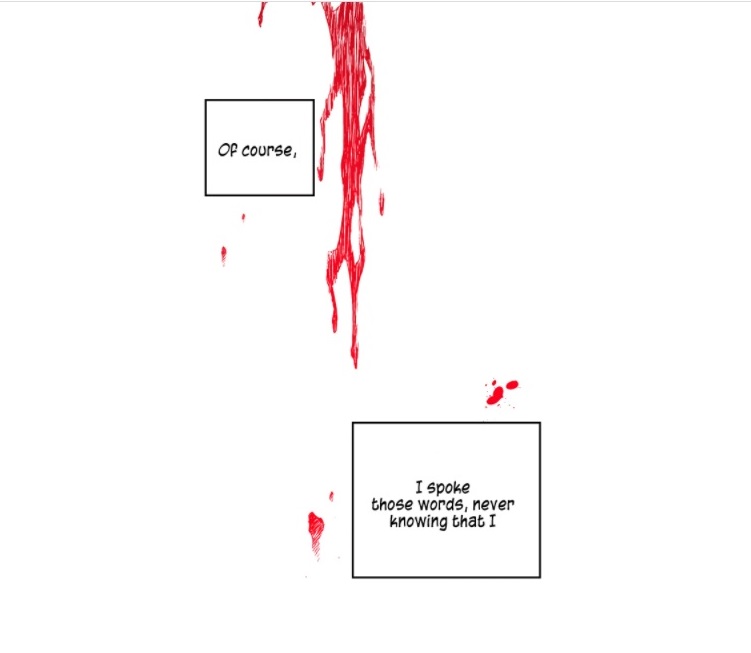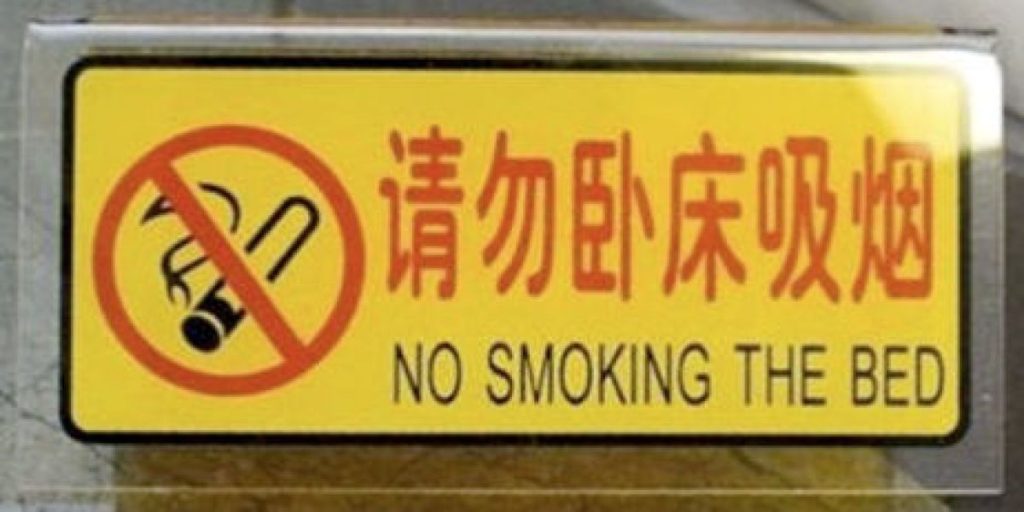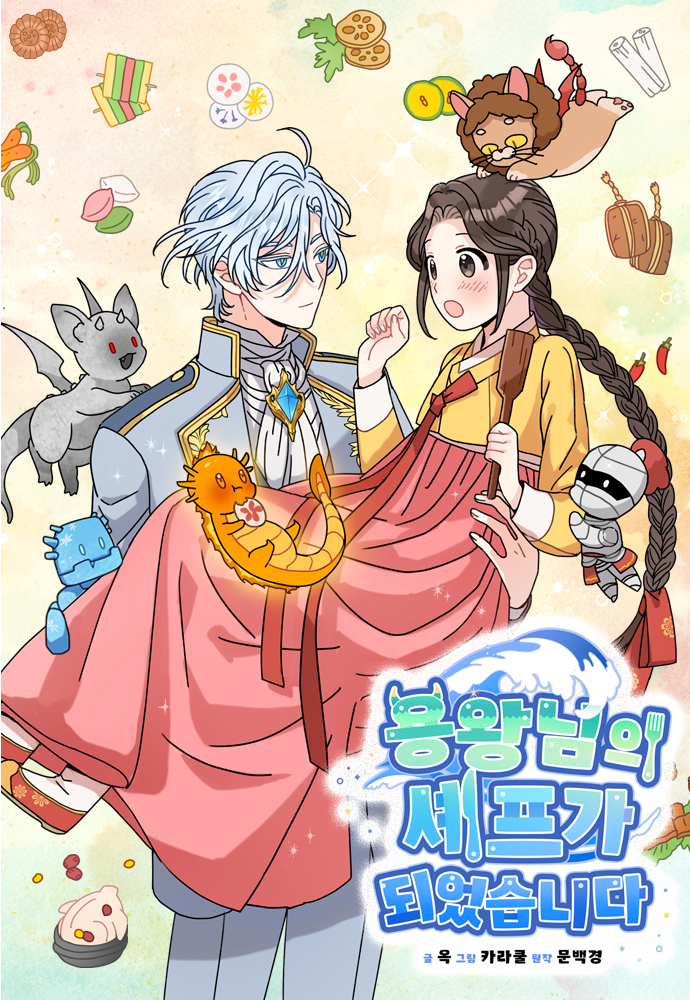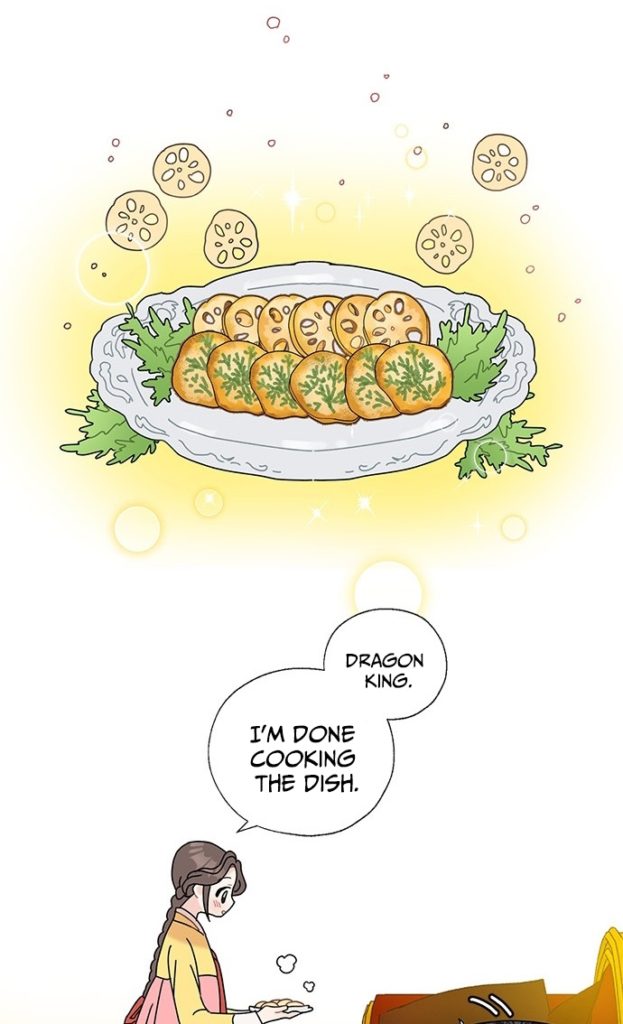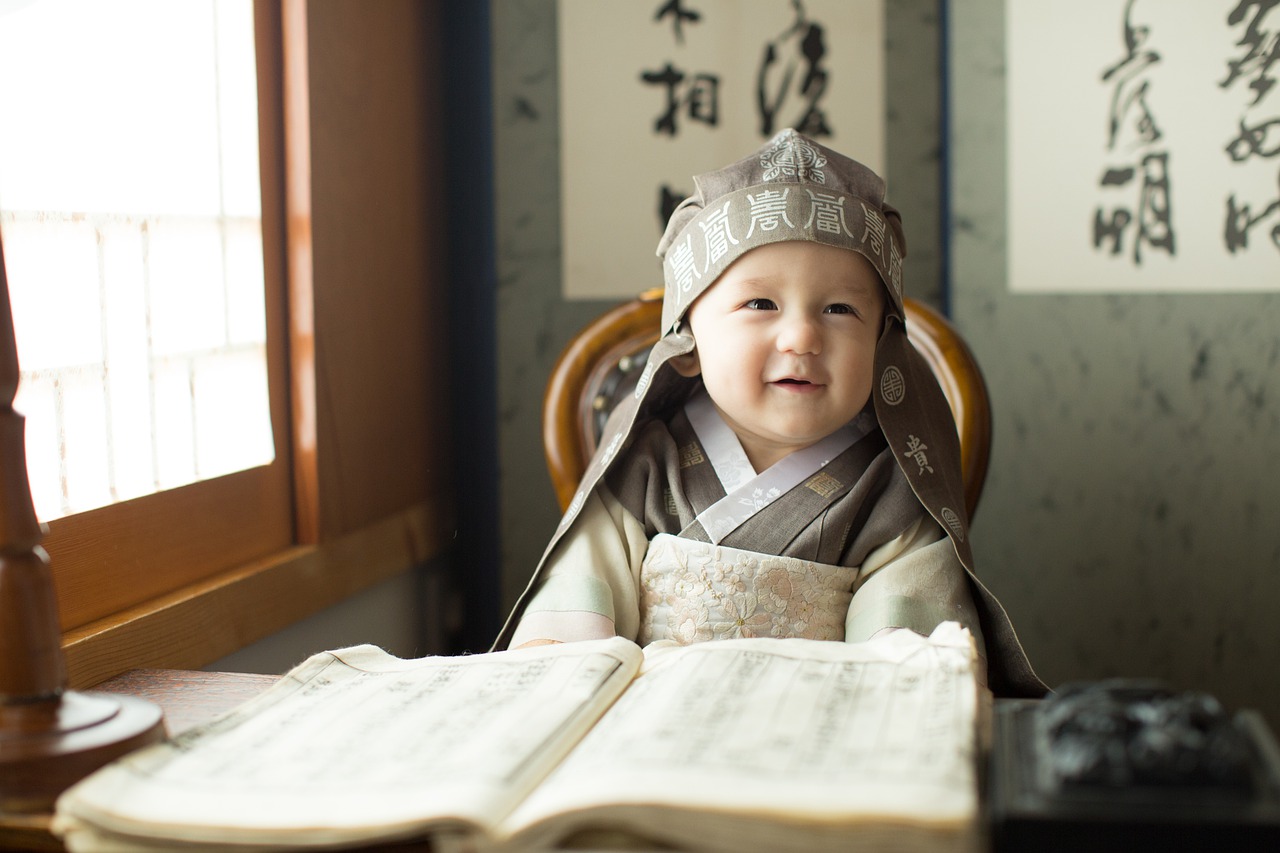Should fans be grateful for whatever translations we get, or should we complain about bad translations? I’m the latter type, but many people don’t really care as long as they can read something and look at pretty pictures. Sure I’ll use Google Translate to check something out and even read series in machine translation when the fan version is too slow, but if a group sets itself as a fan translation group, I hold them to higher standards than MTL.
BTW, I am speaking strictly in terms of manga/manhwa translation and other non-essential translations. So don’t bring up real life emergency cases where a bad translation is better than nothing.
Before I continue, let me begin by defining what I mean by a bad translation. Generally a translation can be bad in one of three ways.
- An inaccurate rendering of meaning. If the source text says “I hate you, Bob!” and the translation says “Bob is the best!” or if the source says “She says he loves his mother” and the target says “He says she loves her mother,” that’s wrong. The latter kind of mistake is quite common in Japanese and Korean texts because often pronouns are left out of the source text and have to be inferred.
- Unwarranted omissions from or additions to the source. I added “unwarranted” because in some cases it may be necessary to add clarifications or delete repeated words to make the translation more natural. But if, for example, the text says “Don’t touch the red button. Push the green one instead,” and the translation only says “Don’t touch the red button,” that’s a bad translation.
- Bad grammar and spelling. I’m not talking the occasional typo or careless mistake. I’m talking about error to the extent that the source text makes no sense or is very difficult to read. Like the infamous “mass naked child events” and “even electric pancake brain elderly” kind of nonsense. Or in many Chinese webtoons where you kind of get what is going on, but your brain has to work overtime to get it.
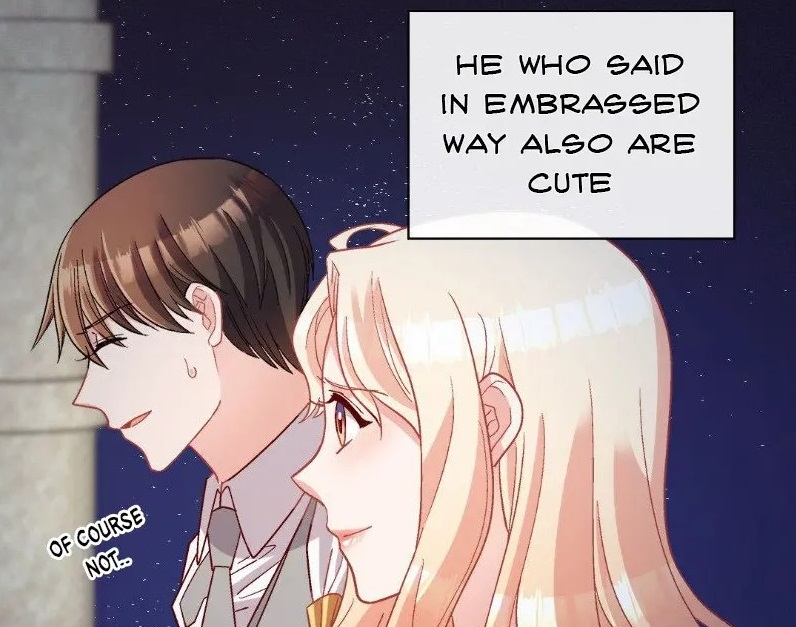
Now then, why is it a problem if the translation of a manga, webtoon, etc. falls under one or all of those categories? Why shouldn’t we be satisfied with whatever we can get?
A bad translation hurts the author and publisher
Writing is hard work. Creative writing is a labor of love. A writer spends weeks, months and even years coming up with a story, refining, rewriting, submitting manuscripts and getting rejected before finally getting something published. Editors work with them to polish the final draft, tweaking words, rearranging paragraphs, scrapping whole passages. Then publishers spend thousands of dollars printing and promoting the series. All to get a certain vision out to the waiting public.
And then some rambo armed with Google Translate comes along and completely butchers the text to hell and back. There’s no way anyone who cares about their craft would enjoy seeing that. I mean, it’s bad enough for the “fans” or profiteers to take work that should rightly be paid for and giving it out for free (a discussion for another day) but if the translation is bad then they’re not even giving out the right work. It’s like baking a cake then someone steals it, smears dung on it and gives it out to passersby claiming this is what you made. No wonder Korean authors are so militant about shutting fan translations down these days.
Furthermore, although pirates like to argue that their translations help series get localizations get licensed, that hasn’t been true in a long time. But even if it were true, bad translations do more to turn people off from promising series than attract them. Once someone writes something off as “crap” or “nonsense” because it doesn’t make sense, chances that they’ll then go on to read an official version is slim.
However the series that do get localized are the lucky ones. The vast majority of less popular series will only ever get one translation. If that translation sucks, then the series is forever marred in the fans’ eyes. And that’s really sad for the writer, editor, publisher, fans of the original and everyone who put a lot of love and care into bringing the series out.
A bad translation hurts the fans
A lot of fans take the perspective that anything is better than nothing. “Shut up and read it because it’s free.” “Why don’t you do better yourself?” And so on and so forth. But what they’re getting with a bad translation of the series is not what the series should be.
The events may be wrong, the characterization may be off. The hunky male lead (ML) may be an erudite scholar, but if the translation makes him speak “Me hungry. You woman” hulk speak, that’s a ton of characterization lost. You lose the details of the plot, the details of character development, and even a couple of brain cells if the translation is bad enough. I’ve seen fans “explaining” events to each other based on a faulty understanding of the text, which is in turn based on a bad translation. Here’s a case from a Korean manhwa known as “Your Majesty, Please Don’t Kill Me Again”:
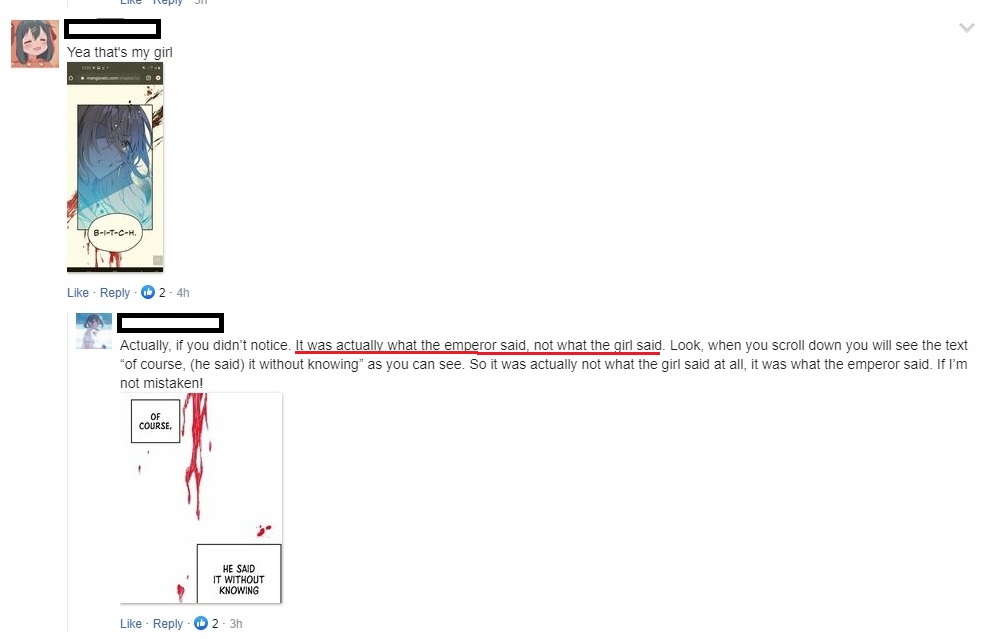 Fans are arguing over who said what, and the emperor and future ML has been characterized as the king of boor who would call a condemned woman a slur word.
Fans are arguing over who said what, and the emperor and future ML has been characterized as the king of boor who would call a condemned woman a slur word.
In the better translation, the subsequent words and the whole context make it clear that it is the female character who says those words to the emperor.
But in this case we only know this because “Your Majesty, Please Don’t Kill Me Again” received two translations, one better than the other. And as I said already, the vast majority of series are only translated once.
So instead of being satisfied with any kind of nonsense as long as it scratches our manga/manhwa/manhua itch, we owe it to ourselves to ensure that what we think we’re getting is what we’re actually getting. If you give yourself a headache trying to make sense of a nonsensical plot or train of dialogue and still think to yourself “well it’s better than nothing~” then good luck to you.
A bad translation hurts the translator themselves
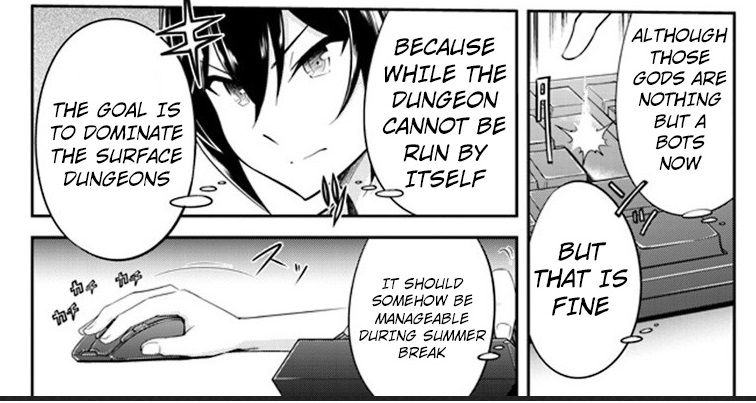
Firstly because their effort (or “effort” in the case of machine-translation users) is only going to earn them criticism or outright flames. Some translation groups don’t care because they’re just trying to rack up views and patreon donations, but for someone who actually cares about getting a good product out and interacting with fans, the results are going to be disappointing. Criticism of your skills, criticism of the series for sucking when it doesn’t, people dropping the series in droves, finally discouragement and despair.
Secondly, even if the translations fly under the radar or the fans take the “better than nothing” approach, a bad translation doesn’t help the translator improve their skills. Not only will they be doing injustice to a series they claim to love, but they’ll be hurting their own language skills as well. A lot of fans take up fan translation with inadequate skills, somehow assuming that it will help them to improve their language skills.
But without editors or discerning fans to give concrete feedback, they often end up producing substandard work and carving mistakes into their minds That’s why in school we write papers and do homework and get them checked by the teacher – so we can get feedback and correction and gain a better understanding of the topic. Imagine if the teacher just stamped an A on everything and returned it untouched. We wouldn’t learn a thing.
I’m all for translation as a means of language learning, but it must be done with good feedback. There are sites where you can upload texts and get feedback from native speakers (I haven’t used any of those), you can work with a teacher or a tutor. Failing all that, you can pick a series that is already being well-translated, translate your own version from the raws and then compare the two versions. There are plenty of ways to learn without butchering your favorite series in public.
CALL TO ACTION
Manga translation is just manga translation. It’s not the end of the world if the latest chapter of series X doesn’t get translated, or if no one ever picks up Super Awesome Series Y. It can feel like it when it’s a series you really like, but it’s not. For that reason, there’s no reason to put up with rushed, shoddy translations. In fact, the better the series is, the better a translation it needs to bring out its quality.
In short, what I’m saying is this: if the translation of a series is bad, don’t read it. And let the fan translator know exactly why. You’re shortchanging yourself when you read junk, you’re shortchanging the author, and you’re not helping the translator improve when you give them views and money for shoddy work.
What about machine translation a series for yourself? Honestly you (I) are still shortchanging yourself (myself) and the author, so I personally will be avoiding it in the future. But in my opinion, it’s one thing to MTL something for your own perusal. It’s quite another to publicize your translation and tell the world “This is what series X is about.”
TL;DR – Don’t read crappy translations if you can avoid it. The end.

